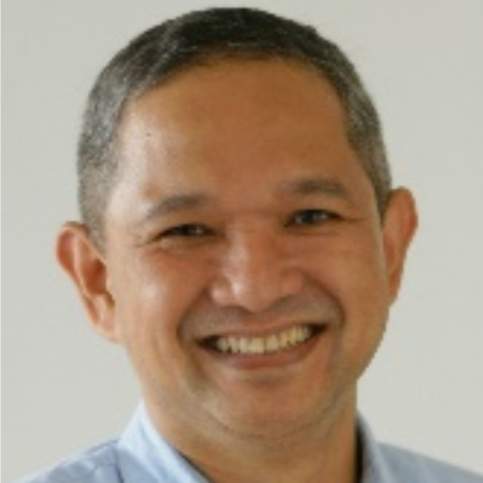March 27, 2021 seemed like another typical day. However, just days before, the Philippine health department reported a significant increase in COVID-19 infections, in part due to the opening of the economy. The atmosphere turned ominous when rumors began circulating that a total lockdown of the National Capital Region and its adjacent provinces is imminent. The next day’s announcement confirming the rumors brought a strong sense of déjà vu among Filipinos. More than a year after the first recorded COVID-19 outbreak, the Philippines appears to be back to square one. Since the onset of the pandemic, the government has shown a penchant for a state-centered, top-down response. This highly securitized approach came in the form of lockdowns, curfews, and travel bans. However, these draconian measures have led to widespread disruption, causing the worst economic dislocation since the Second World War. Moreover, its public health response remains inadequate as challenges in contact tracing and testing persist while the non-compliance to the minimum health standards is becoming an excuse for the new surge in infections.
At this point, I believe that the situation is ripe for alternatives. The current top-down, state-driven approach has proven inadequate to manage the situation. The government’s adherence to a highly militarized, command and control decision-making style must be complemented by a bottom-up strategy that empowers communities and households. To do this, the concept of human security is an excellent framework to address these challenges.
In general, the adoption of a human security strategy demands two things. First is the recognition and protection of basic rights, which means that this approach values the livelihood and well-being of individuals. It also seeks to protect human life from all forms of threats. Second, protecting individual rights (e.g. freedom from fear, hunger, and violence among others) must also recognize the broader social, economic, political, and environmental concerns. These issues provide a background in which individual rights can be exercised or attained. Another view that complements this concept is the importance of treating health emergencies as a product of a discursive process, which means that there is a series of events, and factors that resulted in the problem at hand.
COVID-19 outbreak as a human security concern
As a product of a discursive process, a pandemic has many facets that overlap in time and space. Obviously, the public health dimension is one of these facets. Then there is national security, which includes human security. There are obvious intersections, but for simplicity, I will focus on the latter.
Considering the pandemic as a human security problem underscores the importance of understanding non-traditional threats. COVID-19 has shown us that its impact can be broader than its public health component. For instance, in the Philippines, the pandemic has led to an increase in poverty and unemployment rates, as well as an increase in cybercrime and misinformation. The local swine flu epidemic, which drives up prices for pork and poultry, further complicates the situation. If unabated, these outcomes can severely undermine its mitigation strategy thus resulting in a humanitarian catastrophe.
To avoid this looming malady, a human security agenda should complement the current top-down approach. This can be achieved through a rights-based and community driven strategy. To this end, I propose that households and families be considered the ‘first line of defense’ in the pandemic response. This simply means that mitigation efforts must be cognizant of the needs, aspirations, and health situation of every household. In this approach, families are mobilized as part of the overall strategy instead of being passive recipients of aid. This technique requires the following: (a) The use of enabling technologies that will enable families to participate in the disease mitigation process. These tools can also include the ability to source and aggregate data from households to guide health policies; (b) Implement a capacity building and public awareness campaign. Families can be educated on how to identify infections, how to report to local authorities and how to prepare home-based remedies among others. Online surveys can be undertaken to determine the level of compliance with health standards and household well-being; (c) Define new roles for community governments (at the village level). Known locally as “barangays”, these entities must possess the skills and resources that will enable the proper monitoring of households and aid those in need; (d) Reward participation. Households must be incentivized to participate. For this purpose, the government’s social assistance programs can be linked to household participation.
Overall, a whole-of-society approach is required to mitigate the effects of the pandemic. I believe this strategy requires an understanding of complex health emergencies beyond the traditional public health aspect. In addition to the state-centric/top-down response, addressing the human security facet of the pandemic through the mobilization of households, families and communities can provide a holistic response. This view also requires a review of the country’s current governance structures, resources, and policies.
The views and opinions expressed in this article are those of the author.

Sherwin E. Ona, PhD is an associate professor and former chairperson of the department of political science and development studies of De La Salle University, Philippines. He is a senior fellow of the Philippine Public Safety College and the Stratbase-Albert Del Rosario Institute. Dr. Ona is also a module director and lecturer on cyber defense policies at the National Defense College of the Philippines. Dr. Ona is an auxiliary officer of the Philippine Coast Guard with the rank of Commander.

